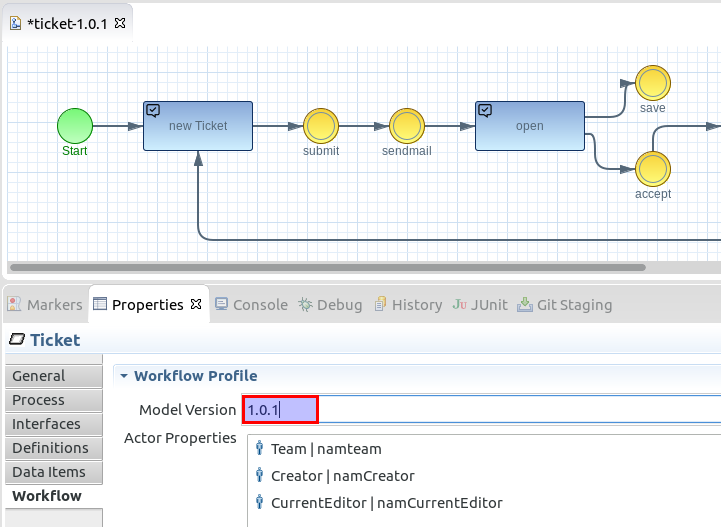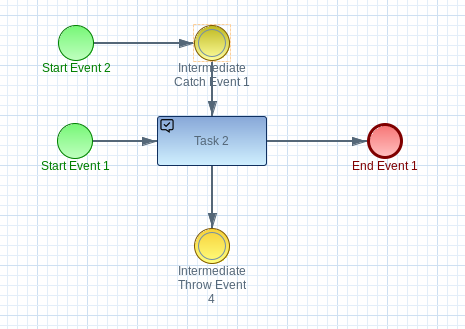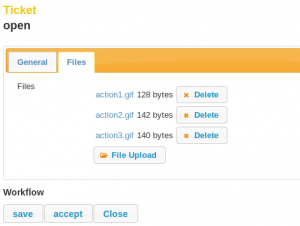With our new project Imixs-Microservice we now provide a solution to build workflow management applications based on a modern microservice architecture.
Imixs-Microservice encapsulates the Imixs-Workflow Engine into a microservice architecture. The service can be bound to any business application, independent from the technology behind. This allows business applications to change the business logic without changing a single line of code. Thus the state of a business object can be controlled through the workflow model.
Based on the comprehensive functionality of the Imixs-Workflow Engine the Imixs-Microservice is empowered to control business data in various ways. Imixs-Microservice can send E-Mail notifications, log business transactions and secures any kind of business data.
The Imixs-Workflow Modeller can set an ACL for each single state in a business process model. This allows the definition of highly complex business applications and waves a security layer around each process instance.
The Rest Service API
Imixs-Microservice provides a flexible REST Service API which can be accessed from any platform and any kind of application. The Web Service is based on JSON and XML objects and allows an easy integration in existing projects (Java, .Net, PHP, …). Once deployed a new Workflow Model can be defined using the Eclipse based Imixs-Workflow Modeller. Any business object can be bound to a new business process by posting a JSON or XML based process instance. The state is then controlled by the Imixs-Workflow engine and can be requested and updated in various ways.
Runns with Docker
 Imixs-Microservice provides a docker image. This makes is easy to run Imixs-Microservice in a Docker container and provides a powerful way to integrate a full featured workflow engine into a microservice architecture. The Docker image can be used as a template for custom projects and provides a scaffold to start with a microservice achitecture.
Imixs-Microservice provides a docker image. This makes is easy to run Imixs-Microservice in a Docker container and provides a powerful way to integrate a full featured workflow engine into a microservice architecture. The Docker image can be used as a template for custom projects and provides a scaffold to start with a microservice achitecture.
Imixs-Workflow and Imixs-Microservice are Open Source projects and can simplify the development of business applications in various ways. The Imixs Software Solutions provides professional services and support for building enterprise workflow management solutions.




 Imixs-Microservice provides a docker image. This makes is easy to run Imixs-Microservice in a Docker container and provides a powerful way to integrate a full featured workflow engine into a microservice architecture. The Docker image can be used as a template for custom projects and provides a scaffold to start with a microservice achitecture.
Imixs-Microservice provides a docker image. This makes is easy to run Imixs-Microservice in a Docker container and provides a powerful way to integrate a full featured workflow engine into a microservice architecture. The Docker image can be used as a template for custom projects and provides a scaffold to start with a microservice achitecture.